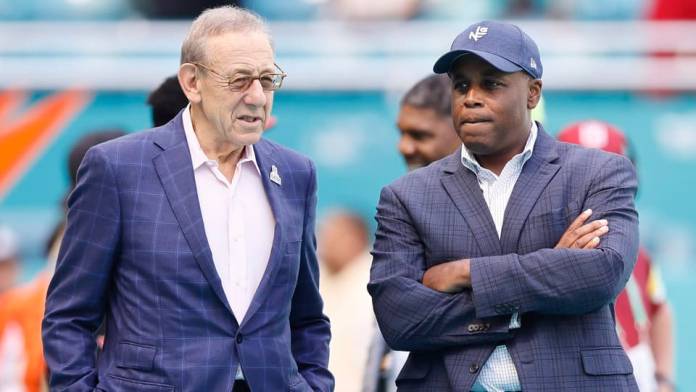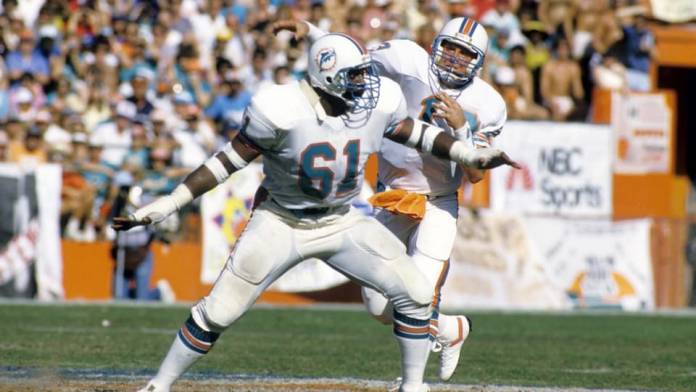Miami Dolphins general manager Chris Grier finds himself at a critical juncture. He faces the monumental decision of committing significant financial resources to quarterback Tua Tagovailoa—an investment that not only reflects on the financial landscape but also the long-term direction and stability of the franchise.
The debate centers on whether Tagovailoa, whose contract extension is up for negotiation, truly merits the substantial raise he seeks. With current market trends exemplified by the hefty contracts of contemporaries like Trevor Lawrence, who secured a deal comparable to Joe Burrow, the stakes are elevated for the Dolphins. The decision to delay Tagovailoa’s extension may have been a strategic misstep by Grier, as the escalating quarterback market could pressure Miami into a steeper financial commitment than initially anticipated.
If the Dolphins’ leadership doubts Tagovailoa’s capabilities as an elite NFL quarterback, they might consider utilizing him through the 2024 season before reassessing their options. However, if they acknowledge his talent and fit within coach Mike McDaniel’s scheme, the logical move would be to meet his salary demands, trivial in the grand scope of NFL economics, to secure his leadership.
Looking ahead, the prospect of applying the franchise tag to Tagovila remains a possibility, albeit fraught with potential complications such as holdouts that could destabilize the team’s preparations. Miami’s alternatives, whether through trades, free agency, or drafts, seem unpalatable—lacking either the clear upside or the fit of Tagovailoa, who, despite not being the franchise’s all-time best quarterback, is arguably the best since Dan Marino.
As contract negotiations drag on, the risk of diminishing returns looms—either through escalated future costs or, worse, losing Tagovailoa to injury or poor performance without a backup plan. Critics argue that Grier’s historical missteps in contract management could exacerbate the situation. His previous generous deals towards players like Byron Jones and Terron Armstead, as opposed to losing talent like Christian Wilkins and Robert Hunt, underscore the challenges he faces in managing the team’s cap space effectively.
Grier’s cautious approach could be a misjudgment. In a league driven by quarterback play, securing Tagovailoa’s leadership and ensuring continuity should likely be prioritized over financial hesitancy. The Dolphins have much to lose if negotiations falter—most critically, the trust and confidence of a quarterback who knows the franchise’s immediate success rests largely on his shoulders.

















